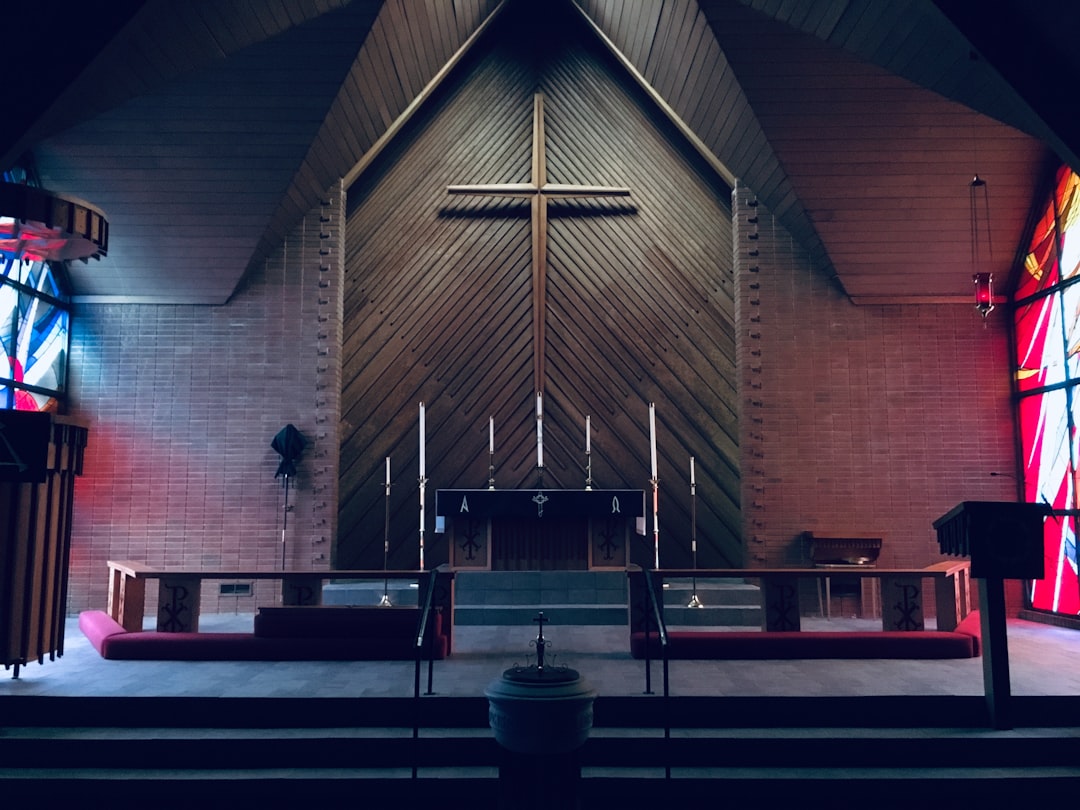In Arkansas, child abuse is defined as serious harm or substantial risk, including physical, emotional, sexual, neglectful abuse, and medical neglect. Sexual abuse, a severe criminal offense, requires the expertise of a Sexual Abuse Lawyer Arkansas. The state has stringent laws with reporting mandates, professional training, and harsh penalties for offenders. In Conway, Arkansas, professionals are mandated to report suspected abuse, leading to immediate notification to DHS or local law enforcement. A Sexual Abuse Lawyer Arkansas plays a crucial role in guiding victims and accused through complex legal processes, ensuring rights and justice under Arkansas law.
In Conway, Arkansas, understanding child abuse laws is paramount to ensure the safety and well-being of children. This comprehensive guide delves into the legal definition of child abuse, exploring various types of child sexual abuse and their legal implications. We outline reporting obligations for professionals and individuals, examine legal consequences for non-compliance, and discuss defenses available. Furthermore, we highlight the crucial role a Sexual Abuse Lawyer in Arkansas plays in navigating these complex cases, providing expert advocacy for victims and their families.
The Legal Definition of Child Abuse in Arkansas

In Arkansas, child abuse is defined as any act or failure to act that causes serious harm or puts a child at substantial risk of serious harm. This includes physical, emotional, sexual, and neglectful abuse, as well as medical neglect. Sexual abuse is a severe form of child abuse and is considered a criminal offense. If you are dealing with an issue related to sexual abuse, a Sexual Abuse Lawyer Arkansas can offer legal guidance and support.
The state’s laws take a comprehensive approach to protect children, with specific provisions for reporting suspected abuse, mandatory training for professionals who work with children, and strict penalties for offenders. It’s crucial to recognize that child abuse can happen in various settings, including homes, schools, and institutions, and it’s the responsibility of all citizens to be vigilant and report any suspected cases.
Types of Child Sexual Abuse and Their Legal Implications

Child sexual abuse is a serious crime that involves any form of sexual activity between an adult and a minor or between minors when one participant is in a position of authority or power over the other. In Arkansas, this includes a range of acts such as sexual penetration, exposure to sexual organs, touching for sexual gratification, and soliciting a minor for sexual activities. These actions are illegal and can have severe legal consequences for the perpetrator.
A Sexual Abuse Lawyer Arkansas can help navigate the complex legal system related to child sexual abuse cases. The implications of these crimes extend beyond the immediate harm suffered by the victim. Legal repercussions often include criminal charges against the abuser, who may face imprisonment, registration as a sex offender, and other penalties. Civil lawsuits for damages are also common, allowing survivors to seek compensation for medical expenses, therapy costs, and emotional distress.
Reporting Obligations for Professionals and Individuals

In Conway, Arkansas, professionals and individuals have a legal obligation to report suspected child abuse or neglect. This includes healthcare providers, educators, law enforcement officers, and social workers, among others. If anyone comes across evidence of physical, emotional, or sexual abuse against a minor, they must immediately notify the Department of Human Services (DHS) or local law enforcement. A Sexual Abuse Lawyer Arkansas can help guide victims and their families through this complex legal process.
Conway’s child protection laws are designed to protect vulnerable children and ensure their safety. Reporting suspected abuse is a crucial step in preventing further harm and holding perpetrators accountable. The state offers various reporting mechanisms, making it accessible for everyone to contribute to the protection of Arkansas’ young residents.
Legal Consequences for Non-Compliance and Defenses

In Conway, Arkansas, non-compliance with child abuse laws can lead to severe legal consequences for individuals found guilty. These penalties are designed to protect vulnerable children and hold perpetrators accountable. A Sexual Abuse Lawyer Arkansas can help navigate these complex legal systems and understand the potential outcomes. Depending on the severity of the case, charges could include felony or misdemeanor offenses, carrying substantial fines, imprisonment, or both.
Defenses against child abuse allegations are multifaceted. Individuals accused should seek legal counsel promptly to explore options like challenging the admissibility of evidence, questioning witness credibility, and raising doubts about the accuracy of reports. A Sexual Abuse Lawyer Arkansas can construct a robust defense strategy, ensuring that the rights of the accused are protected while striving for a favorable outcome based on the specific circumstances of each case.
Role of a Sexual Abuse Lawyer in Arkansas Cases

In cases involving sexual abuse, particularly for children in Conway, Arkansas, a Sexual Abuse Lawyer plays an indispensable role. These legal professionals are experts in navigating complex laws and regulations specific to such sensitive matters. They possess deep knowledge of state laws, including those unique to Arkansas, which can significantly impact the outcome of a case. A Sexual Abuse Lawyer in Arkansas is well-versed in understanding and interpreting legal statutes related to child sexual abuse, ensuring that victims’ rights are protected and that justice is served.
Their expertise extends to advocating for victims, providing emotional support, and guiding them through the legal process. They work diligently to gather evidence, interview witnesses, and construct a robust case strategy. Furthermore, these lawyers ensure proper procedures are followed, from initial reporting of abuse to prosecution, thereby facilitating a fair and efficient legal response. Their presence is vital in helping survivors find closure and holding perpetrators accountable under Arkansas law.





